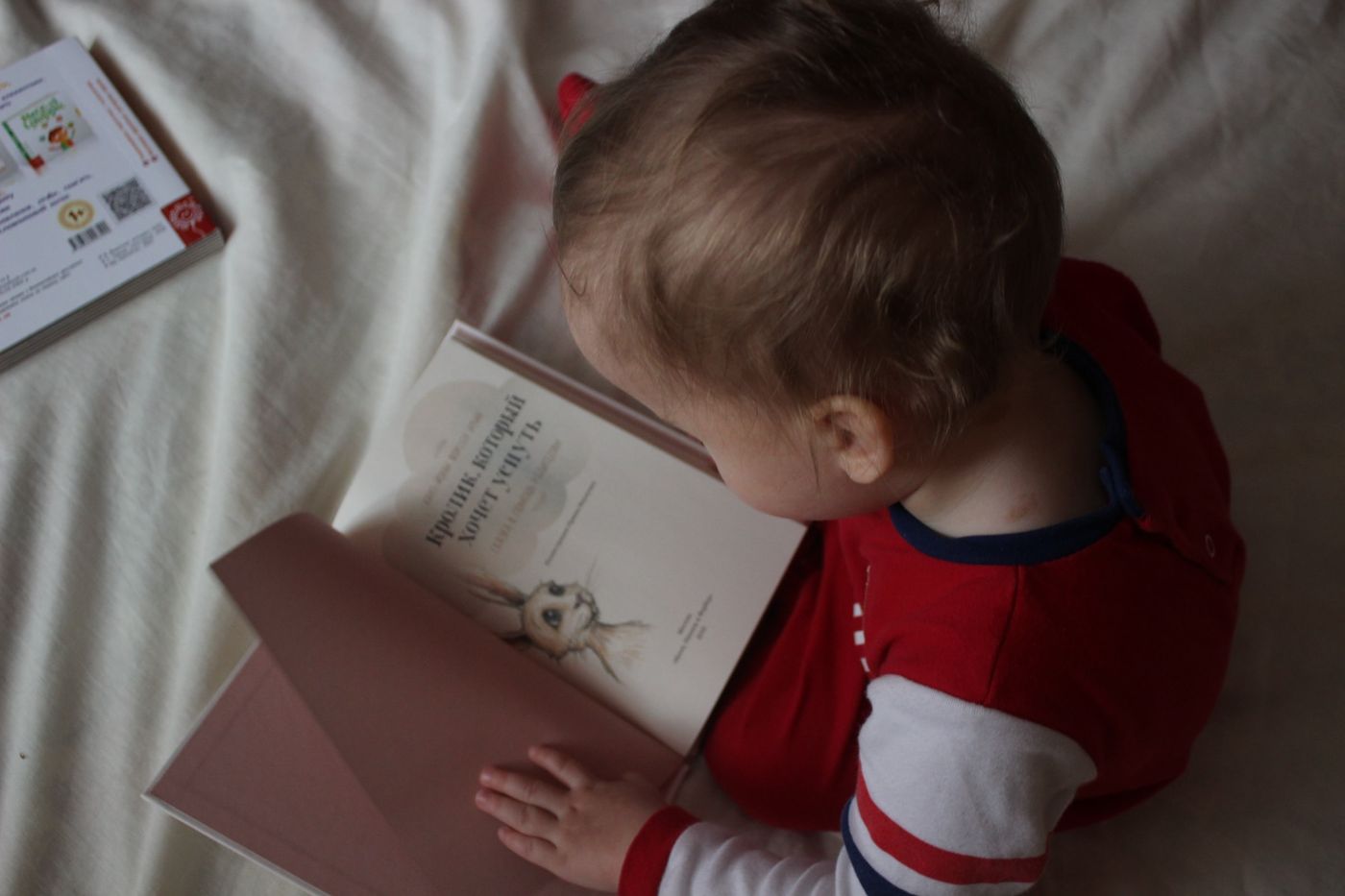182 | I have been undercover in the mother group for a month: why do they spend a lot of money and still worry about their children's English skills?

Text / Su Yihan (London School of Economics and Political Science graduate student) (Original post published on July 27, 2022)
I am unmarried and have no children, but since August last year, I joined three parent Line groups related to children's English learning and began to discuss with parents their favorite textbooks.
Just out of curiosity at first. I accidentally saw a mother post on Facebook, questioning that the English textbooks for children offered by many manufacturers in Taiwan are too expensive and their prices are not transparent, so I wanted to ask around to see how expensive these educational products are and why they are so expensive. There are also a lot of children who Parents who are still babbling in a hurry to buy?
But within a few days of observing these groups, I was immediately struck by the frenzy of these parents - a monthly tuition fee of 30,000 yuan for private children, a set of 200,000 children's English textbooks, a monthly income of 300,000 yuan, and an annual income of 300,000 yuan. More than 3 million families are also mourning that their children's learning expenses cannot be paid for - what makes this generation of parents so anxious that they are willing to spend so much money to improve their children's English skills?
Downgrade from "English for Children" to "English for Toddlers"
These three groups have an average of 500 members, and more than 100 messages will pop up every day to discuss English learning resources. Most of the members are mothers with preschool children. Take children to learn English by means other than "tutoring" and "private kindergarten".
Surprisingly, most of the parents who participated in the discussion began to invest in various learning resources from the age of 3 or even before the age of 3, trying to enlighten their children's interest in English, which is 5 to 6 more than I originally thought. The primary school age is much younger. From a few words, it is not difficult to find that although many parents do not want to force their children to memorize by memorization, they still anxiously hope that they will have a certain level of listening, speaking, reading and writing skills before entering elementary school.
This phenomenon can also be glimpsed from the upsurge of children's English testing in recent years. The "GEPT Kids" launched by the Language Training Center (LTTC) in 2015 has grown from about 3,000 to 4,000 applicants each year to over 10,000 candidates in 2019. The "TOEFL Primary" designed by the American Educational Testing Service (ETS) also attracts more and more children every year.
But to get the certification in primary school, it is bound to let children start learning foreign languages before primary school, so that children can "win at the starting point". With the anxiety of parents, Taiwanese children start to learn English at a younger and younger age, and many "preschool" English education resources for children have begun to appear on the market, claiming that children from 0 to 6 years old can learn English well.
The bottomless black hole of education investment
...
[This article is not over, see "Walk the World" for the full text: I have been undercover in the mother group for a month: why do they spend a lot of money and still worry about their children's English skills? 】
174. Have a Lanzhou Ramen and Hand-Grabbed Mutton, a haven for Muslims and migrant workers
176. An Abe, each statement: "supporter" or "destroyer" of democratic peace?
177. "The uterus and vagina are 3D!": The 18-year revolution of menstruation leader Vanessa
179. Sun Xiaojiao column: Will there be hip-hop in China in 2022? When a rapper sings a patriotic theme
180. Sidenotes of Cross-Border Dialogue: What Will the U.S. Uterine War Change?
182. Been undercover in the mother group for a month: Why do they spend a lot of money and still worry about their children's English skills?
"Walk the World" is a new start-up and hopes to become a gender-conscious international news media, hoping to interpret fascinating stories from all over the world from a new perspective that escapes dualism 🌎
From now on, we will continue to meet you in " World Walk Sehseh.world ". In the future, in-depth articles will only be published in the new station. Evening News, Weekly News and Handbook will continue to be sent on Matters. Click the link below to subscribe to the e-newsletter, and don’t miss the wonderful articles 💕
Subscribe to the World Walk Newsletter
Like my work? Don't forget to support and clap, let me know that you are with me on the road of creation. Keep this enthusiasm together!



- Author
- More